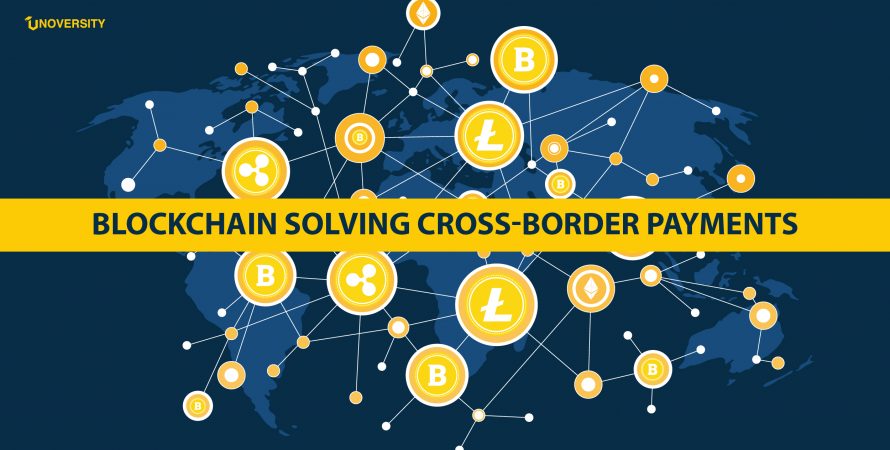The number one problem before cross-border payment
Transferring funds internationally is not as easy and fast as sending an email with us. Cross-border payments are often more expensive and slower than national payments, largely due to political factors rather than technical constraints.
In fact, on the technical side, many central banks and commercial banks are involved in running smoother instant payment networks. Even in the more conservative US when it comes to payments, instant payments have become more common since late 2019. The Federal Reserve will also drive adoption of instant payments when it launches FedNow in 2023.
On an international level, SWIFT, the messaging service provider used by banks to process cross-border payments, has also been working to improve the efficiency of money transfers. Faster payment technologies already exist and are used around the world. However, if you or your business have been sending money abroad lately, you know that the process is much more than a click of a button.

Since technology is not the issue, what is? The answer is sovereignty. With rare exceptions, it is as important for a country to control its money as it is to have its military: the power to wield purse and sword. Therefore, most countries choose to have their own sovereign currency issued by local governments and have the irrevocable power to repay any debts in the sovereign territory, that is, legal tender status.
In some countries (such as Brazil), it is further stipulated that it is illegal to use any currency other than the sovereign currency in state transactions. But even in countries where fiat currency rules allow groups of individuals to agree on their preferred form of payment, like the United States, practicality will favor official currencies. One of the most straightforward solutions to these problems is to use a supranational currency for cross-border payments. Take Bitcoin (BTC) for example. Bitcoin has no issuer, so it is agnostic to any jurisdiction, has its own unit of account, and is not involved or backed by any sovereign currency. One bitcoin can be seamlessly transferred from a Japanese user's wallet to a Brazilian user's Bitcoin wallet, and then to a US wallet.

The diversity of fiat currencies and the legal or practical preference of each sovereign territory for the official currency is the root cause of the perceived inefficiency of cross-border payments. Every international payment requires at least one sovereign currency to be exchanged for another sovereign currency. From anti-money laundering, KYC to capital control, different intermediaries and various regulatory requirements are inevitably required. In real life we might have a situation where a Brazilian importer asks a local bank to convert the reals in his account into Korean Won for delivery to a Korean manufacturer. Since currency transactions between Brazil and South Korea are infrequent, the Brazilian bank will not have a link with a South Korean bank, but will likely have a correspondent bank in the United States. Thus, the Brazilian bank would convert the reals it received from the importer into U.S. dollars from its prepaid account at a correspondent bank in the United States, and then send the withdrawn amount to South Korea. If the U.S. correspondent bank does not have a relationship with any Korean bank, it will have to find another U.S. bank that does. The U.S. correspondent bank then transfers the U.S. dollars received from the Brazilian bank to another U.S. bank, and finally orders the payment by withdrawing won from its pre-funded account (in U.S. dollars) at the Korean correspondent bank. So a single payment between Brazil and South Korea could end up involving two currency exchanges, four bank transfers, and five banking institutions in three different countries. And in the process, some banks may need to buy foreign exchange from their central bank to replenish their account balances with foreign correspondent banks.
Reducing the transaction and opportunity costs associated with cross-border payments will become even more difficult as we have 180 currencies in circulation around the world, each subject to a host of local regulations. The commitment of multiple governments to use a common currency for international transactions does not seem feasible in the short term, and cross-border payments will continue to be expensive, slow and inefficient. Until a decentralizedally issued cryptocurrency not controlled by a sovereign currency gains traction—perhaps a Starbucks coin or a McDonald’s coin. By then, it will be too late for governments to react.



